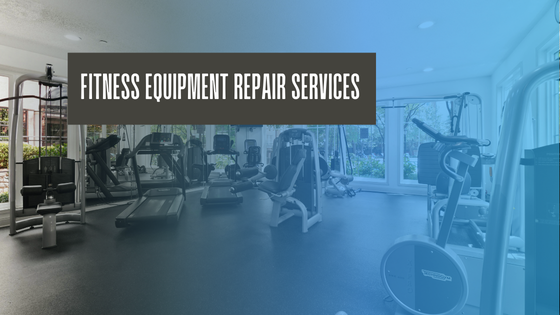When fitness equipment breaks down, the disruption can affect both individual routines and the operations of entire gyms. Machines that are out of service not only frustrate users but also create safety risks if problems are ignored. This is why professional servicing is so important. Companies like Chok Wong Wai have become trusted names in the industry, offering specialized repair and maintenance solutions that keep fitness equipment running smoothly. Their reputation is built on expertise, reliability, and a commitment to customer satisfaction.
Building a Reputation for Excellence
Over the years, Chok Wong Wai has established itself as a leader in fitness equipment servicing. Their team of technicians is trained to handle a wide range of machines, from treadmills and ellipticals to strength training equipment. By consistently delivering high-quality repairs, they have earned the confidence of gyms, hotels, and private clients. This reputation is not accidental—it comes from a dedication to precision, attention to detail, and a deep understanding of how fitness machines operate.
Expertise Across Equipment Types
Modern fitness equipment is complex, combining mechanical systems with advanced electronics. Motors, belts, sensors, and consoles all require specialized knowledge to repair effectively. Chok Wong Wai technicians are equipped to diagnose issues quickly and provide solutions that restore machines to factory standards. Their expertise spans multiple brands and models, ensuring that clients never have to worry about whether their equipment can be serviced. This versatility is one of the reasons they stand out in the industry.

The Importance of Professional Care
Attempting to repair fitness equipment without proper training can lead to further damage or even safety hazards. Professional care ensures that every repair is done correctly, with genuine parts and proper calibration. Chok Wong Wai emphasizes safety and reliability in every service call, giving clients peace of mind that their machines are not only functional but also safe to use. This level of professionalism sets them apart from generic repair services and reinforces their reputation as a trusted provider.
Commitment to Customer Satisfaction
Beyond technical expertise, Chok Wong Wai is known for its customer-focused approach. They understand that downtime affects both businesses and individuals, so they prioritize efficiency and clear communication. Clients appreciate their transparency, professionalism, and dedication to delivering results. This commitment to customer satisfaction has helped them build long-term relationships and a loyal client base.
Conclusion
In the world of fitness equipment servicing, reputation matters. Chok Wong Wai has become a trusted name by consistently delivering expert repairs, cost-effective solutions, and exceptional customer care. Their ability to handle diverse equipment types, combined with a focus on safety and reliability, makes them the go-to choice for gyms, hotels, and individuals alike. By choosing a provider with proven expertise, clients ensure that their fitness machines remain dependable, safe, and ready to support healthier lifestyles.









